JOHN KEELLS HOLDINGS
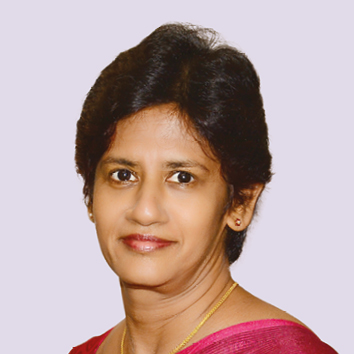 Q: How do you view female participation in conventional and non-conventional fields?
Q: How do you view female participation in conventional and non-conventional fields?
Devika Weerasinghe: It is a fact that most university graduates in Sri Lanka are women – and this is testimony to the intelligence, skill and perseverance of our female populace.
To truly harness this potential, we need to push the boundaries to look beyond stereotypes for certain job roles – be it on the factory floor or in the boardroom.
When we evaluated job roles – such as the sales force in our consumer foods sector, hotels and resorts, engineers, warehouse operations, or even tea broking in the John Keells Group – we found that female participation was low as these roles are considered to be non-conventional for women.
However, we see very high participation in conventional roles such as finance, human resources, and legal and secretarial work, where women’s representation is higher.
At John Keells, we’ve recognised the need to break through these ‘conventional barriers’ set in part by society, tradition, employers’ perceptions or expectations and indeed, sometimes by women’s own mindsets.
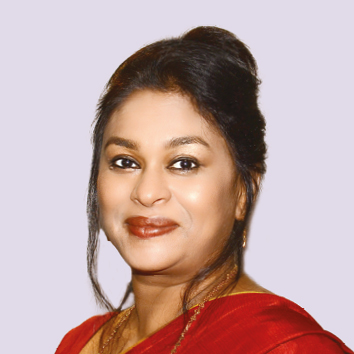 Q: How has John Keells Group circumvented these common pitfalls?
Q: How has John Keells Group circumvented these common pitfalls?
Nadija Tambiah: Being a progressive entity, John Keells was a pioneer in adopting many essential policies and processes, such as the framework to deal with sexual harassment in the workplace and discrimination of any nature. We have an organisational culture where awareness is created and reiterated at all levels.
More recently, we consciously took steps to understand the non-conventional roles for every business across our seven industry groups so that we can set conducive processes and infrastructure, and the right mindsets and environment that would make these changes work in the long term to encourage more female applicants for such roles.
As for our supermarket business, we didn’t have any females serving at the meat counters a few years ago. Through a drive that focussed on recruiting women for these roles – supported by modifications to the height of the counters, changing the machinery and making recruitment managers accountable – we have female meat counter supervisors!
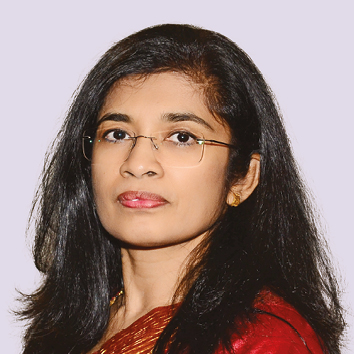 Q: What can corporates do to address the loss of women employees at mid-career?
Q: What can corporates do to address the loss of women employees at mid-career?
Sherin Cader: Many organisations and societies that took strides in bridging the gender parity gap have made allowances for the pressures and additional responsibilities numerous women face at mid-career.
This is typically when they marry, have children, and may need to care for households and elderly parents.
At John Keells Holdings (JKH), we have long adopted many policies that make working during this critical time easier. We’ve implemented flexible working hours, part-time work and work from home (WFH) policies for several years.
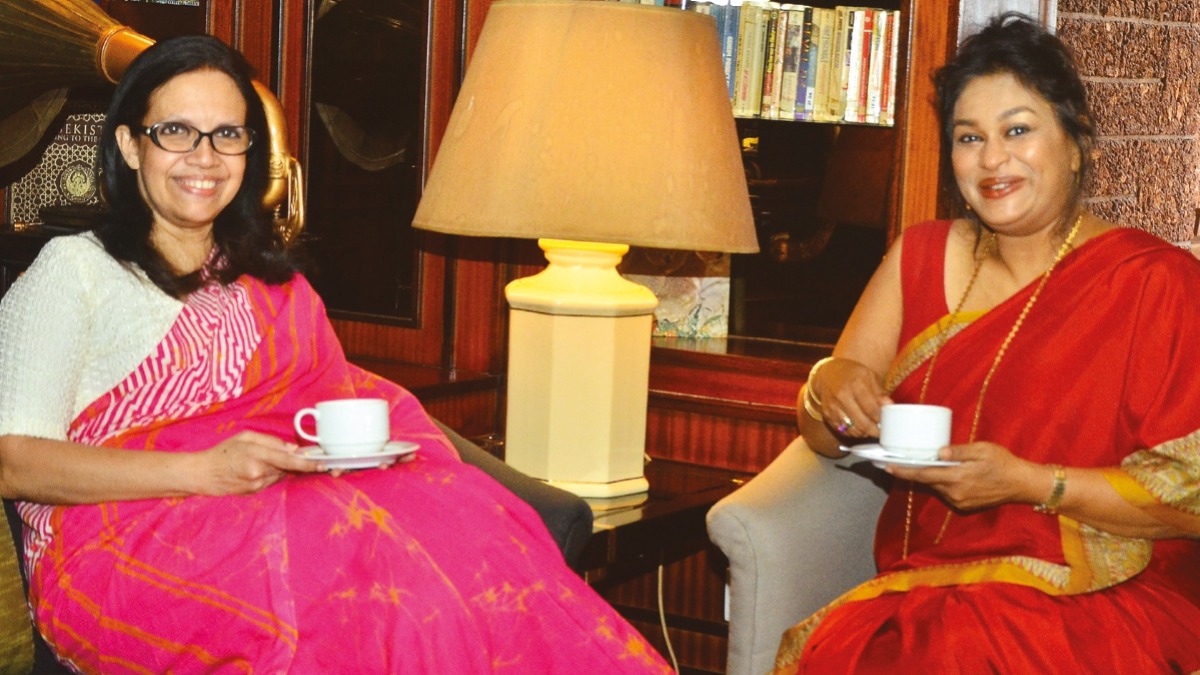 In fact, when COVID-19 prevented us from attending to work in the office, the processes in place for these policies helped us transition almost seamlessly to the new agile working conditions. With multiple programmes to balance organisational objectives and employees’ personal goals, companies could support female staff in maintaining their work-life balance.
In fact, when COVID-19 prevented us from attending to work in the office, the processes in place for these policies helped us transition almost seamlessly to the new agile working conditions. With multiple programmes to balance organisational objectives and employees’ personal goals, companies could support female staff in maintaining their work-life balance.
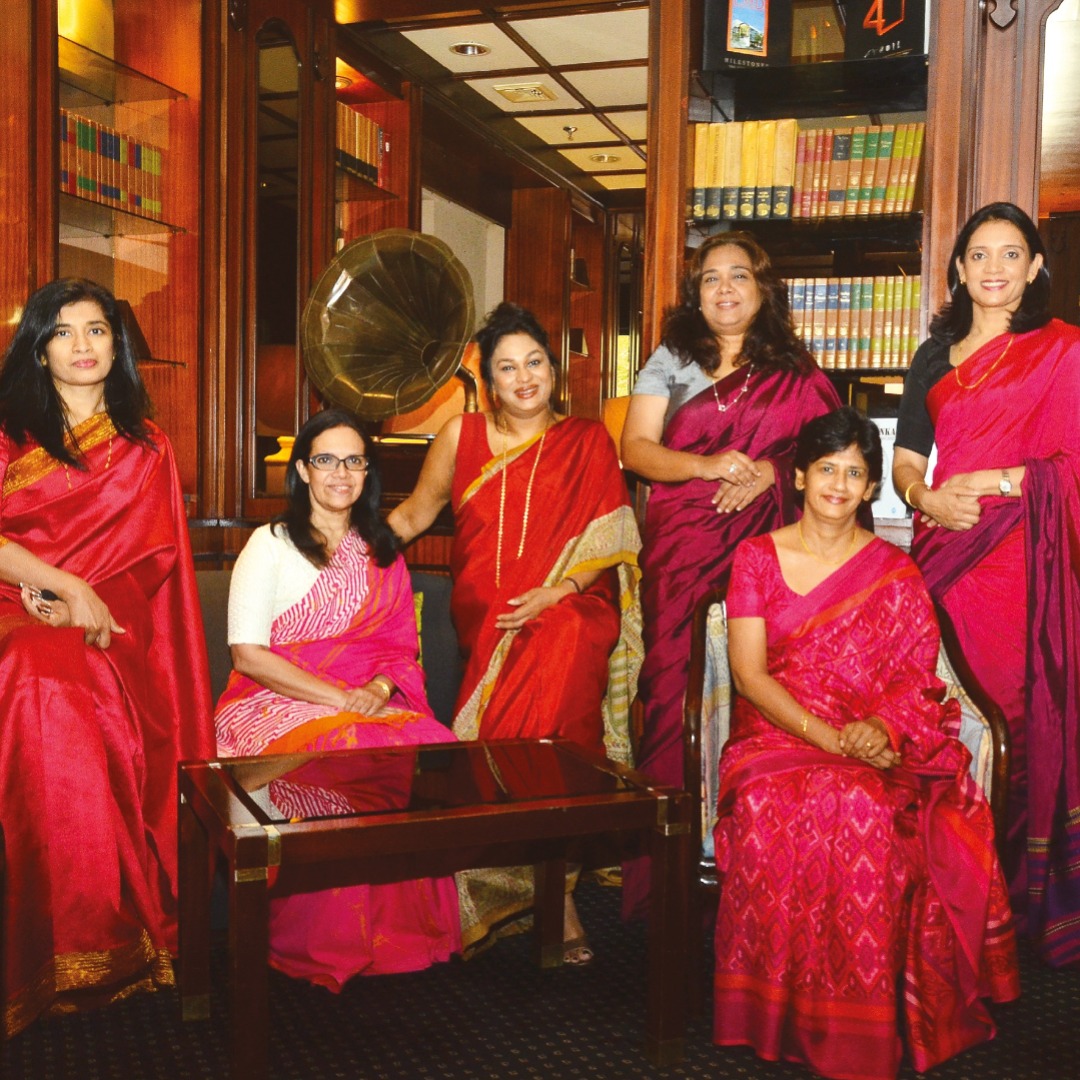 This change is not only to deal with existing circumstances but has evolved into options being considered and adopted as permanent changes where roles enable a WFH model without impacting the quality of work or efficiency.
This change is not only to deal with existing circumstances but has evolved into options being considered and adopted as permanent changes where roles enable a WFH model without impacting the quality of work or efficiency.
JKH also implemented extended maternity and paternity leave to support women at mid-career, to improve return rates and retain them in the workforce. We’re also exploring the possibility of employer supported childcare such as crèche facilities.
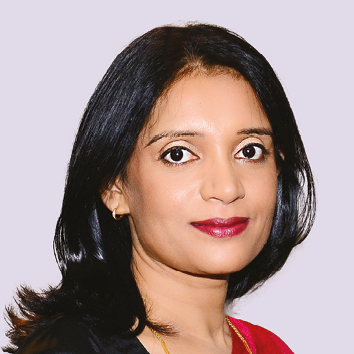 Q: Do you believe that women are being supported to maximise their potential?
Q: Do you believe that women are being supported to maximise their potential?
Nelindra Fernando: Most organisations – both public and private – have non-discrimination and equality policies. However, there is growing awareness that these policies alone are inadequate to bridge the gender gap in the workplace.
Many initiatives implemented by JKH are based on best practices that augment the non-discrimination and equality framework by providing the additional support women need throughout their careers. This includes providing more flexibility to manage their home and work, focussed training on leadership development and mentoring by a female member of the senior management.
There is also a deliberate effort to identify and deal with unconscious gender biases comprising our psyche – knowingly or unknowingly in both men and women. Understanding where these biases could lead to barriers and putting in place appropriate interventions to address them is an ongoing effort.
The process spans recruitment where we endeavour to have a gender balanced interview panel; to the appraisal process that provides the platform to benchmark against peers irrespective of gender; to a promotion process that follows a more scientific approach of identifying the right person for the job. It also encompasses exit discussions where all efforts are focussed on understanding why a woman has tendered her resignation – and any interventions that could persuade her to stay and build a career with the group.
Succession planning involves considering qualified female candidates to take up managerial or operational positions although they may not be the natural choice due to possible unconscious bias.
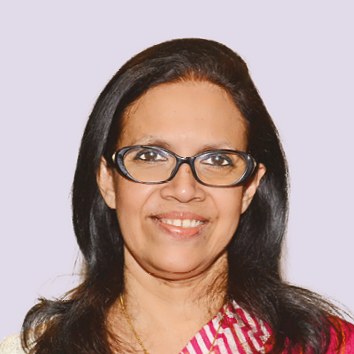 Q: And how important is mentorship in this context?
Q: And how important is mentorship in this context?
Roshanie Jayasundera Moraes: Mentorship is crucial as without encouragement, support and some guidance, there is evidence that women have a high probability of mid-career exits. Many societal and external pressures can cause women to give up on their aspirations.
Women must learn to believe in themselves and have the confidence that they can make a difference. Corporates can only provide a conducive and supportive environment by offering mentoring opportunities.
We have also realised the motivational impact on women beginning their careers when they see more females in the workforce and leadership positions. And we find that this empowers and drives them to embark on careers in non-conventional roles, and persevere through the difficult years.
Having female mentors at senior levels sharing their experience, and advising them on managing roadblocks and sensitive situations, is necessary. It should also be noted that sponsorship and mentorship of the female talent pipeline by male leaders has been shown to be extremely effective.
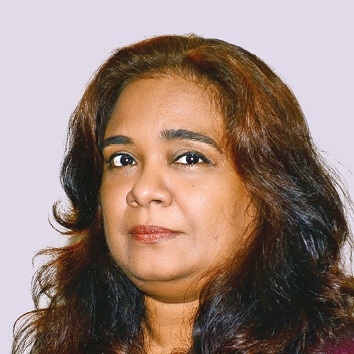 Q: Why should women assert themselves in the business world?
Q: Why should women assert themselves in the business world?
Nisreen Rehmanjee: Global and Sri Lankan education statistics demonstrate that women are on a par with men when it comes to skills and capabilities.
There is also a great deal of research indicating that the presence of a critical mass of women in decision-making roles makes for better business performance and risk taking.
Harvard Business Review (HBR) finds that boards with effective female representation deal with risk more effectively, are able to manage a wider array of stakeholders, and can better meet female consumers’ needs by developing successful products and services.
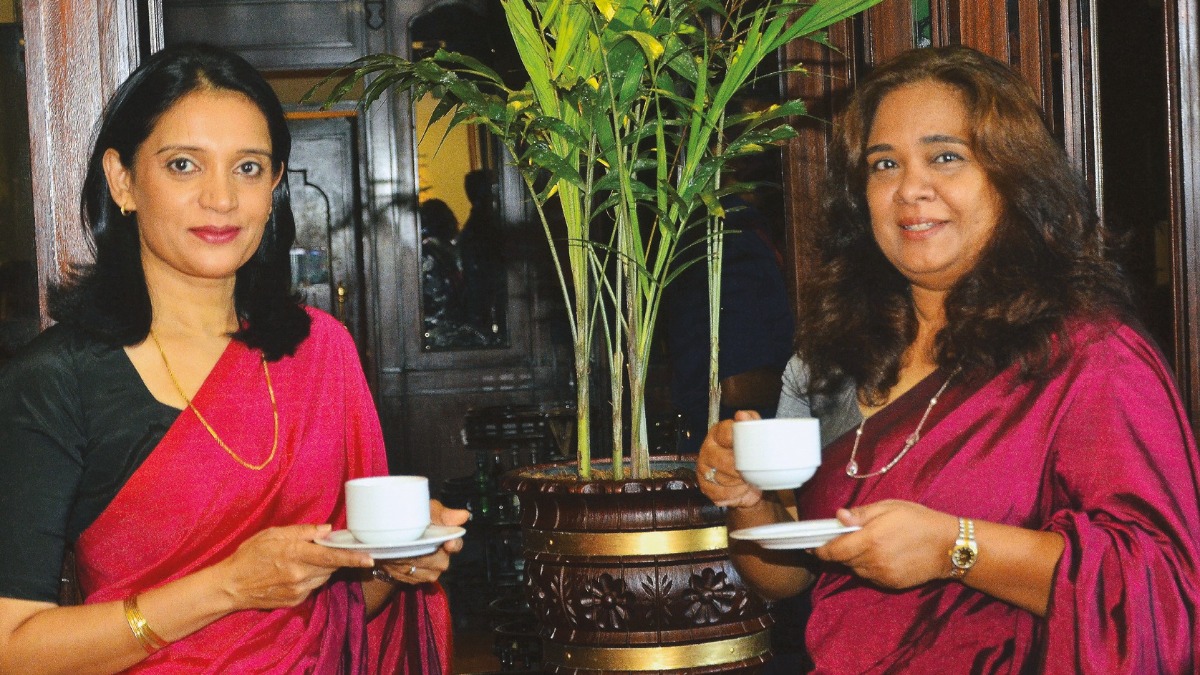 IFC research shows that greater female representation on boards leads to better sustainability profiles, and a reduced risk of fraud and corruption. Many rating agencies and investment funds use gender diversity as part of their investment criteria.
IFC research shows that greater female representation on boards leads to better sustainability profiles, and a reduced risk of fraud and corruption. Many rating agencies and investment funds use gender diversity as part of their investment criteria.
Global consumer facing entities have realised that 80 percent of purchase decisions are either made or influenced by women and having them in strategic decision-making roles helps increase market share.
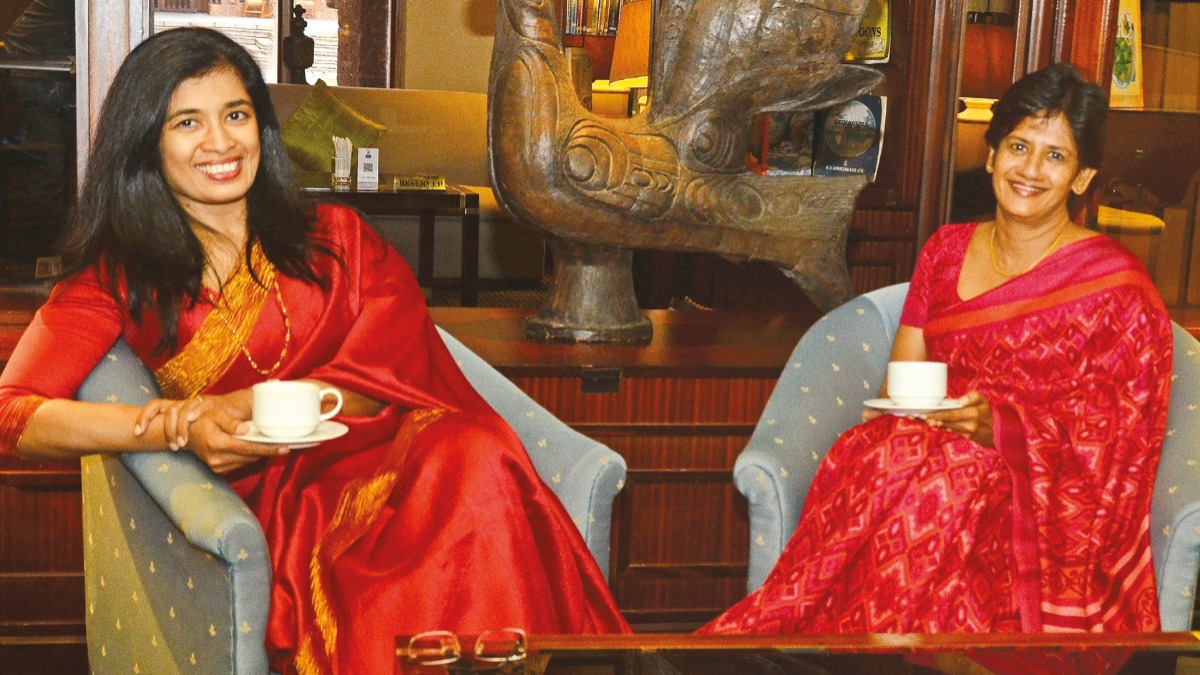 All these factors illustrate the essential nature of female participation in business.
All these factors illustrate the essential nature of female participation in business.
Having said this, women also need to sit up and make themselves heard – be willing to take more risks with their careers, tackle challenging opportunities when they arise and move out of their comfort zones, and lean in and make their contributions count.
Unless women learn to raise their hand, and show they have a voice that needs to be heard and ideas that contribute value, others may not always realise there’s someone with potential right under their noses.




